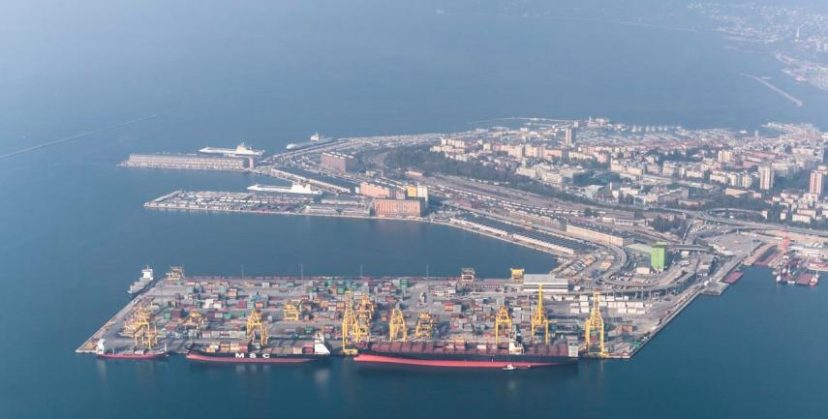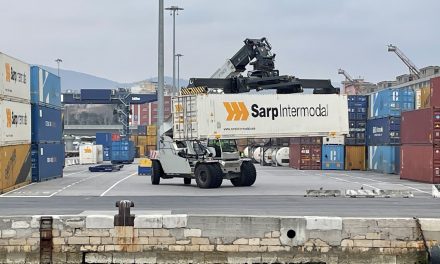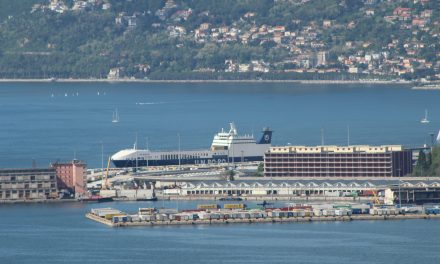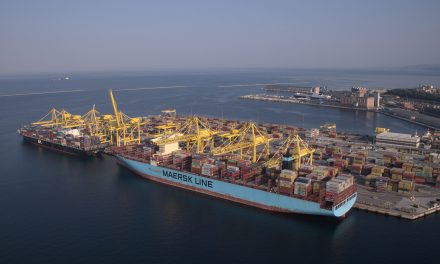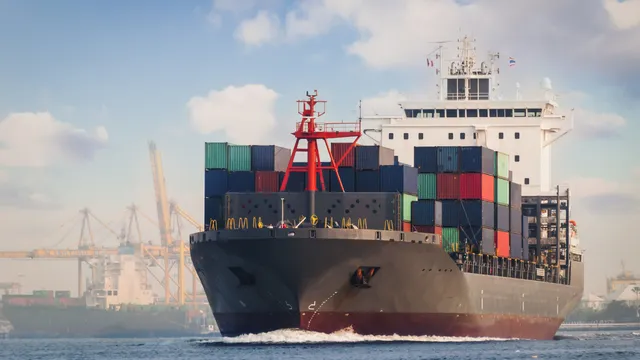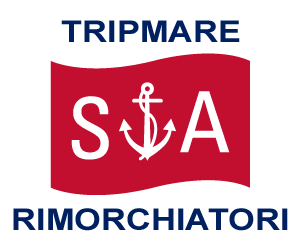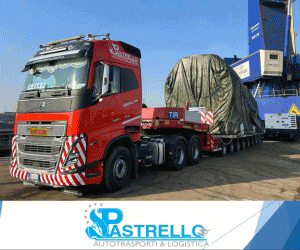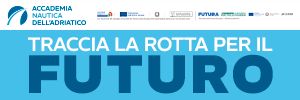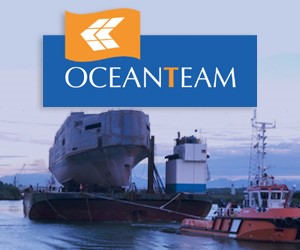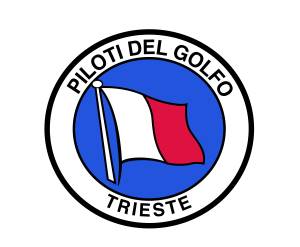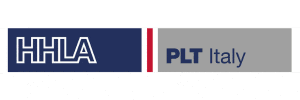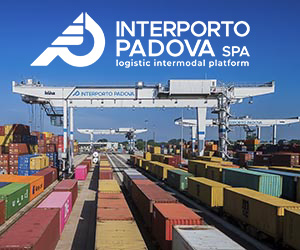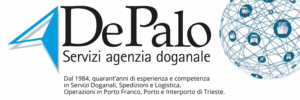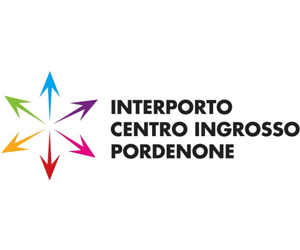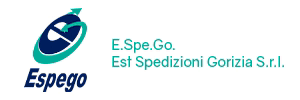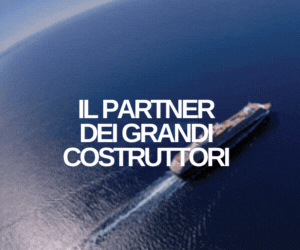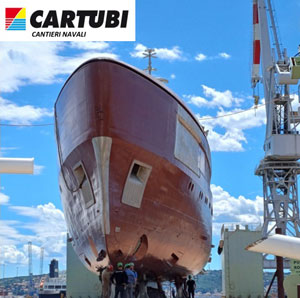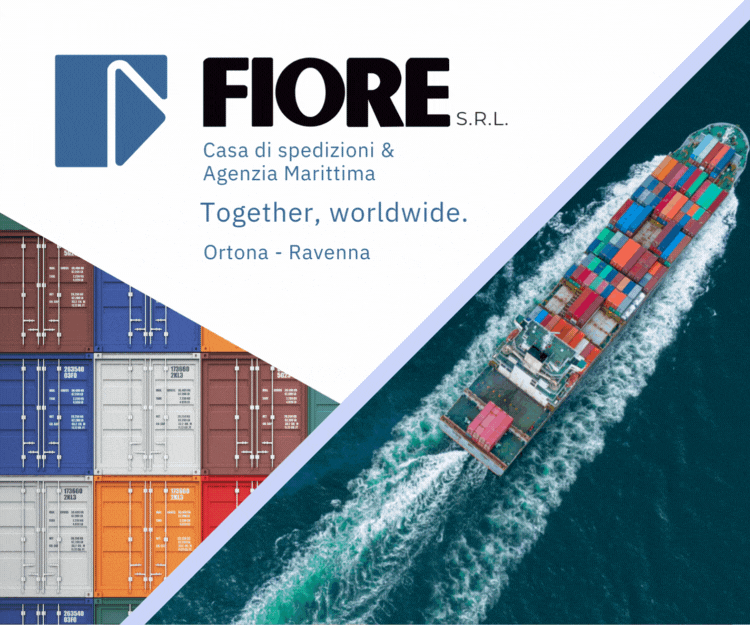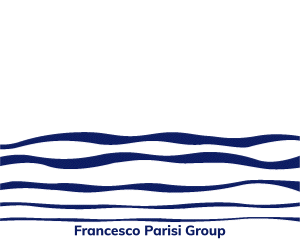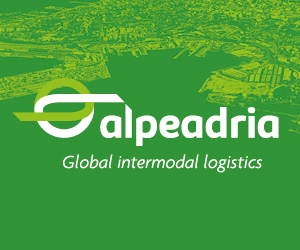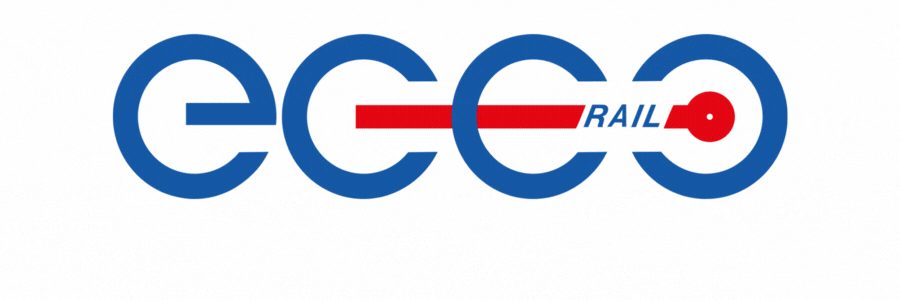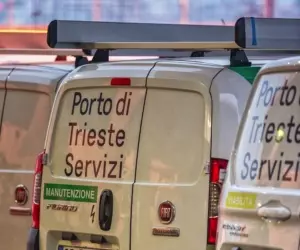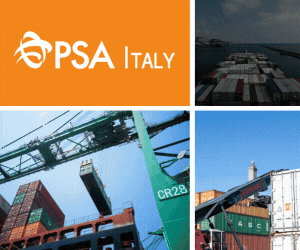TRIESTE – The procedure that will ask the European Commission to recognize the areas of the International Free Port of Trieste as extra-customs areas compared to the rest of the Italian territory has been started.
A resolution to this effect has been presented in recent days to the Senate by Tommaso Nannicini, senator and economist, who asked to inform the Government of the issue. The undersecretary to the Presidency of the Council of Ministers, Vincenzo Amendola, intervened to express the Government’s favourable position on the resolution scheme. Amendola explained how it is considered that the proposed amendment to Article 4 of Regulation (EU) No 952/2013, aimed at changing the current customs status of the Free Port of Trieste from “European Free Zone regime” to that of “place excluded from the customs territory of the EU”, appears to be in line with Annex VIII of the Peace Treaty between Italy and the Allied and Associated world powers, signed in Paris on February 10, 1947. The Treaty provides for the creation of the Free Port of Trieste, subject to the authorities of the Free Territory of Trieste and characterized by a special regime of free movement of goods and services without the payment of customs duties (extra-customs).
The examination of the possible legislative initiatives of the European Commission on the delimitation of the customs territory of the European Union has allowed for an in-depth examination of the legislation that regulates customs matters in a general way, and that regulates the specificities recognized at present, and that may be recognized in the future. In this context, as far as Italy is concerned, in addition to the cases of Livigno and Campione d’Italia, the latter recently included in the EU customs territory, the question of the Free Port of Trieste is also included, in its European and international regulatory aspects.
At the request of the Council of the Friuli Venezia Giulia Region and some trade associations, the hypothesis of intervening with the competent national and European Union authorities was outlined to promote and support the full implementation of the legal provisions inherent to the regime of extraterritoriality of the Free Port of Trieste. To this end, on June 8, the Commission held hearings with representatives of Confetra Friuli Venezia Giulia, the president of the Regional Council of Friuli Venezia Giulia and representatives of the Port Authority of the Eastern Adriatic Sea.
Today, the Free Port of Trieste is included in the regime of free zones as per Articles 243 et seq. of Regulation (EU) No. 952/2013, but it is proposed to express the need for the European Commission, also at the request of the Italian Government, to activate the European legislative procedure for the exclusion of the Free Port of Trieste from the customs territory of the European Union, through an amendment of Article 4 of Regulation (EU) No. 952/2013, establishing the Customs Code of the Union. All this because of the international origin of the special regime of the Free Port of Trieste, resulting from the application of Annex VIII to the Peace Treaty between Italy and the Allied and Associated Powers, signed in Paris on February 10 1947, confirmed in the Memorandum of London of October 5, 1954, and in the statement for the minutes of the Council and the Commission made on the occasion of the adoption of Regulation (EEC) No 2504/88 of July 25, 1988, on free zones and free warehouses.
Confetra Friuli Venezia Giulia (regional confederation of the categories of International Forwarders, Terminal Operators, Shipping Agents and Customs Brokers) expresses excellent satisfaction for the historic result achieved a few days ago in the Senate. «After years of technical investigation on the special regime and persuasion of regional and national policy, we are now at the point. Particular thanks go to the Regional Councillor Giacomelli, who collected our request for the hearing in the Regional Council held in July 2020, approved unanimously by the conciliar groups present in the room. This important local political support has then allowed us to raise the bar further and, with the joint work and support of Senator Rojc and Senator Nannicini, on June 8 we were able to illustrate to the Commission for European Policies of the Senate of the Republic what is the potential of the correct application of the regime of international free port» said Stefano Visintin, president of Confetra FVG.
The resolution of the Senate, proposed by Nannicini, will now allow starting the interlocution with the European institutions – explains Confetra FVG – to clarify the application of the special status of the Port of Trieste. «Years of hard work and in-depth analysis on the concept of extra-customs status of our Port (because we write it with a capital letter) – far from the spotlight – have brought us, as never before, one step closer to seeing the possibility to develop industrial settlements in the free zones correctly recognized. As entrepreneurs, we now ask for unity and coherence from all political forces to finally add value to the goods that our companies move daily with professionalism and dedication. The Free Port is a competitive and employment development asset for the city of Trieste, our region, and the whole country,» concluded President Visintin.
Senate, resolution presented for the extra-customs status of the Port of Trieste
